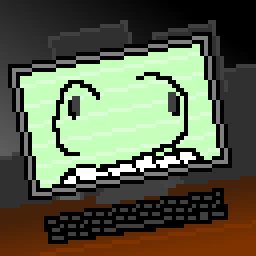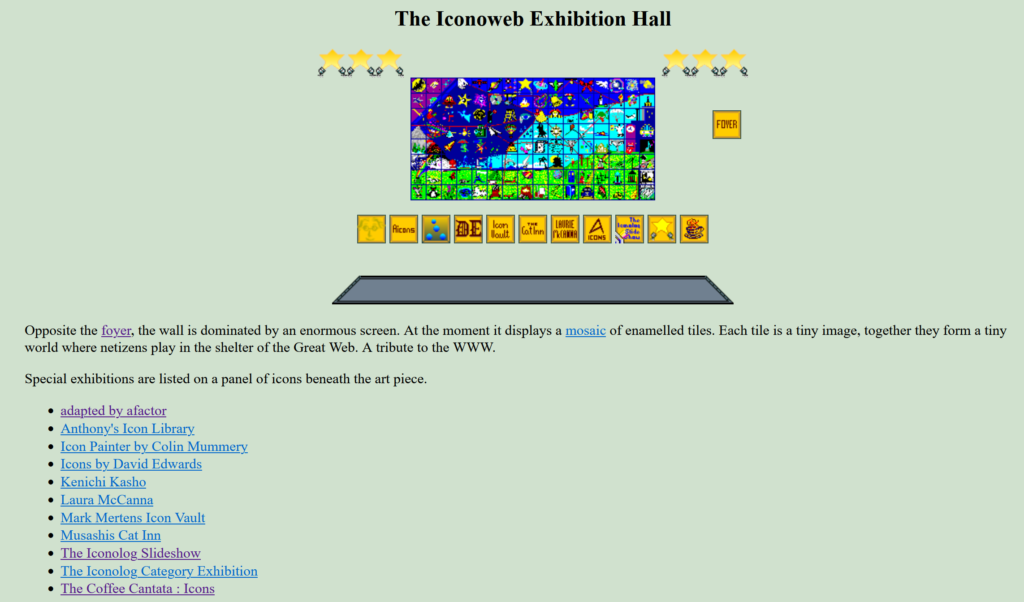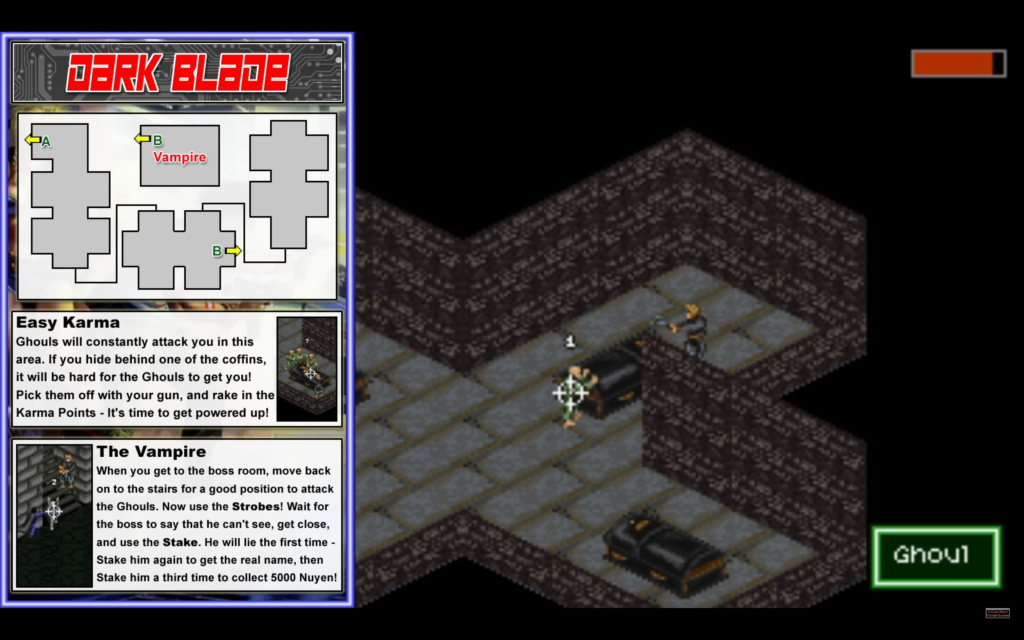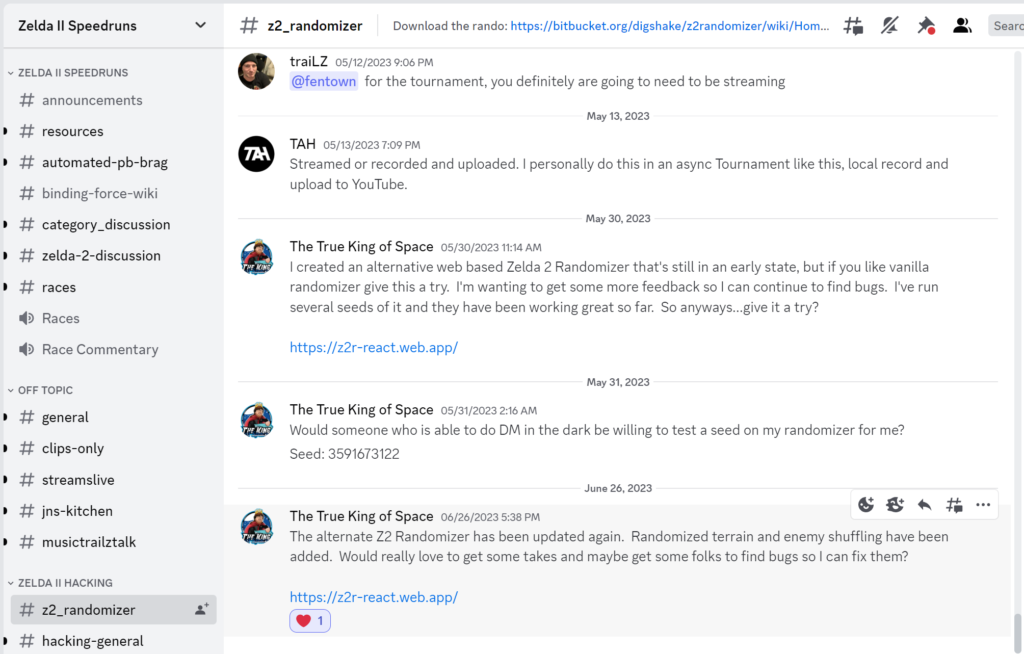It’s April 1st again, and I’ve taken to doing a change of pace post on this day every year. Two years ago, it was a plea for returning to the old days of the web, or at least the good, rose-colored parts of it. Last year, well, I forgot last year.
I want to return to the subject of the OldWeb. It is certainly true that it was fairly exclusionary, the home of a lot of sexism, and a bit of racism (although, I think, not as much as recently, at least not overtly). But there was also the feeling that, if you just went out and created something silly and wonderful, that it would find its audience, somehow.
If you go out looking for lists of old websites, you might happen upon this one. Don’t follow it yet: it uses a word that it probably shouldn’t, and you shouldn’t take this link as an endorsement for that. The reason I link it is that it’s a big long list of fun websites.
I checked through the list, and something like 95%, 19-in-20, of them are broken links, completely different sites, or squatted domain names. There are a handful that survive, but they’re in the minority. So it goes. Someone who cares could possibly hunt up old archived versions from out of the mighty Wayback Machine.
Many of the links, well, not many people will weep for them, but there was one site in particular of which I rued the passing: the homepage of Furnitures, the Great Brown Oaf. This guy:

Have you ever seen such a charming drawing? Don’t answer that: you probably have. But I think there’s a lot to like for this creature-thing. His coarse fur, his too-wide smile, and his vacant expression.
Furnitures is the star of a children’s show, called Furnitures the Great Brown Oaf. It is a show that doesn’t exist, has never existed, and unless the nature of the world changes substantially will probably never exist. Despite these facts, a person called Henry Stokes created a fansite for it.
Somewhere Henry called the show “slightly demented,” and that fits. In its backstory, an “anonymous philanthropist” found Furnitures (actually a sea mammal) in his travels, and was so charmed by it that he captured it and dragooned it into hosting a kids’ show, despite the fact that Furnitures is only vaguely aware of its surroundings.
Furnitures was last seen on the living internet in 2009. But… on the site was an email address for its creator. And I tried emailing that address. And surprisingly, I got a response. Henry Stokes is not only still with us but he answers his email!
I told him of my fond memories of the (very weird) website, and asked if I could revive it. And he said yes!
So I have. I have dredged up the files for the fake-fansite for fake-show Furnitures, the Great Brown Oaf, removed the edits made by the Internet Archive, further modified them to (slightly) adhere to modern web practices, and put it all up on Neocities, a wonderful free host for silly little web projects like this one, in the mode of late, lamented Geocities.
If you want to have a look, just go here! You might enjoy it for a few minutes! Maybe the obsession will, like a contagious disease, leap from me to you, and the legend of Furnitures will live on! Someday, when Henry Stokes and I are gone, and Neocities has shut down, as it someday must, maybe one of you will remember this site, and revive it again. It’s already the first hit on Google for “Furnitures the Great Brown Oaf,” whereas before it was mostly sites selling housewares.
If we work together like this, Furnitures the Oaf may have a lifetime longer than any of us. This Great creature will grow and, have a reality greater than any human being, which would be an awesome thing for a totally made up being to be.
So please, follow my link, and let the invented Oaf and his friends live in your brain, as it does mine. Despite his size, he doesn’t take up much room.






